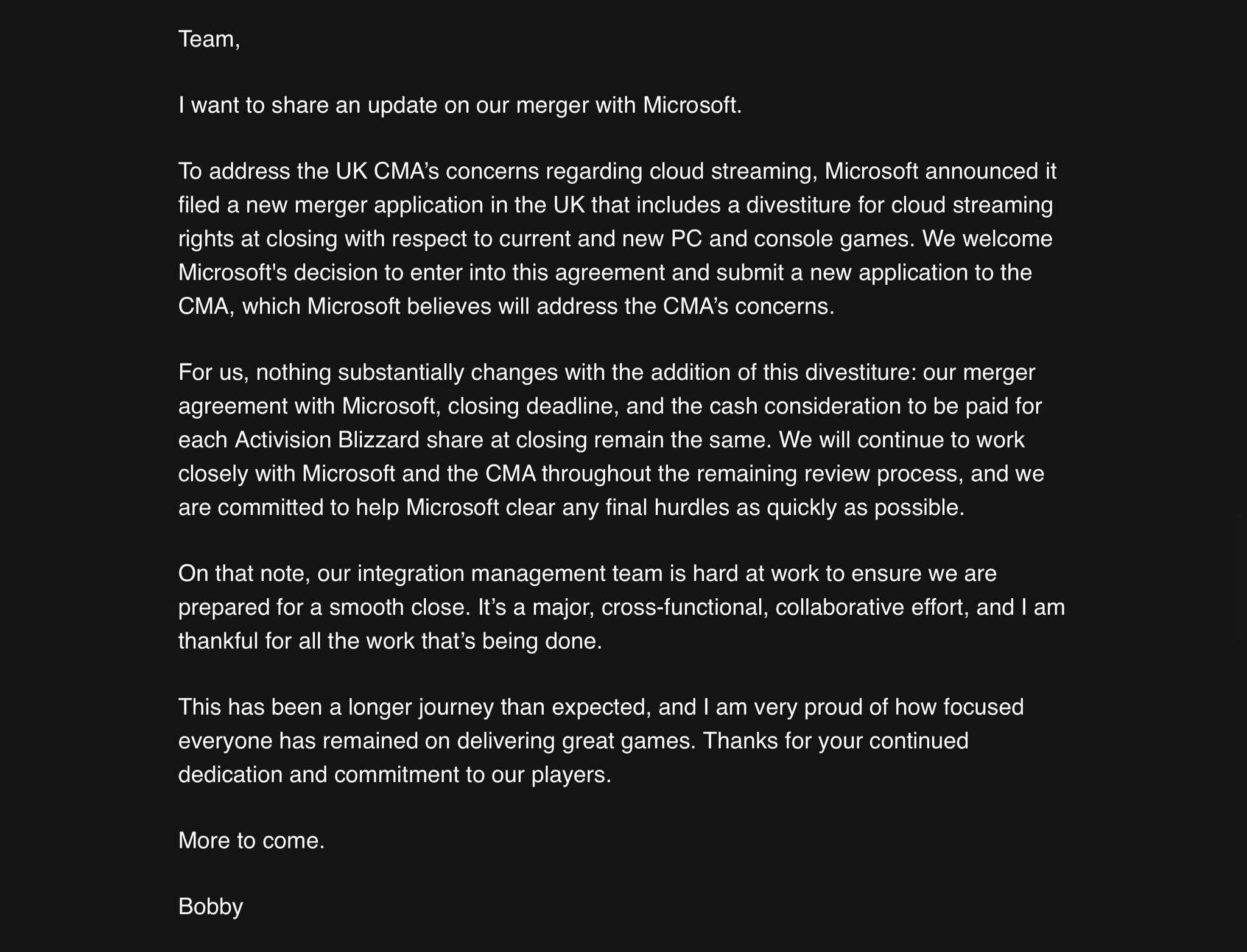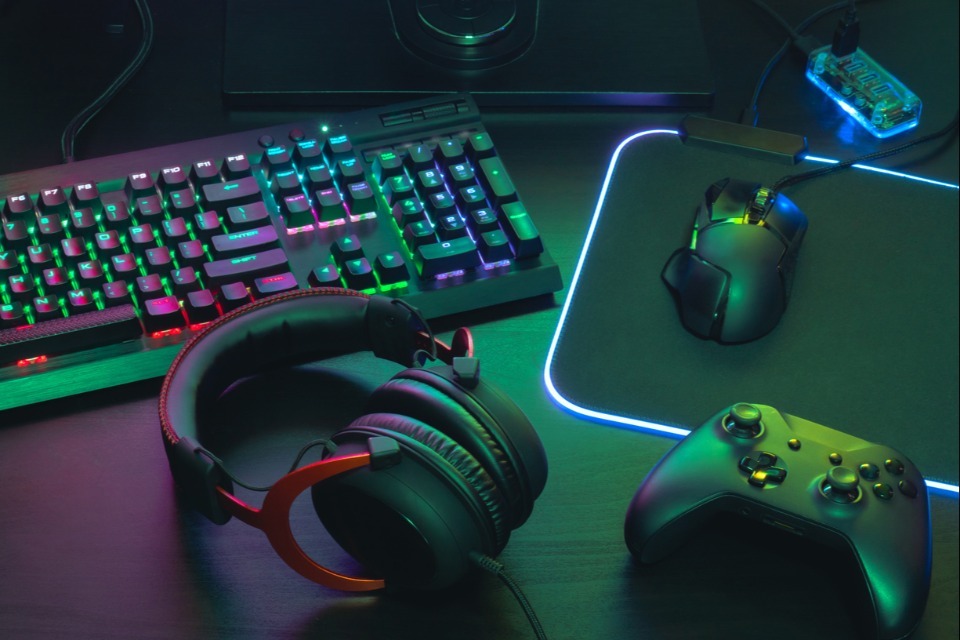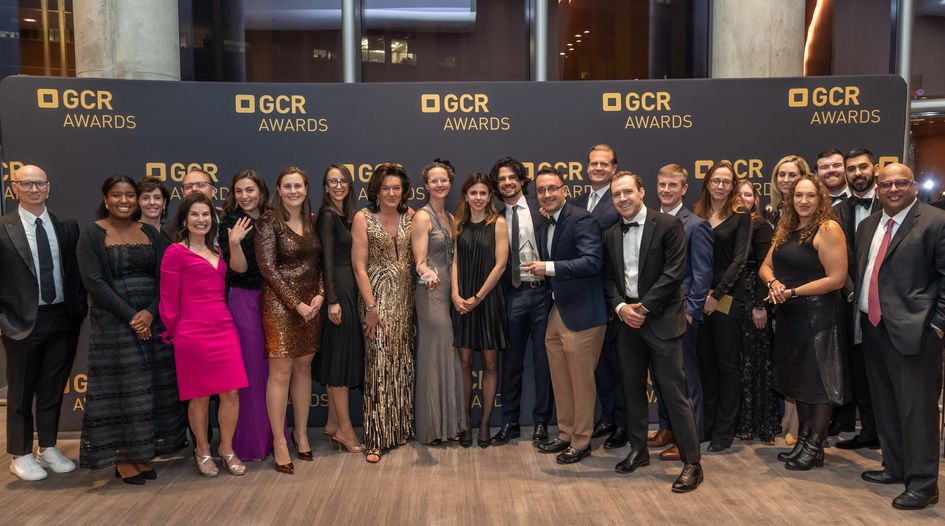I'll start adding every week the documents leaked or shared during the FTC PI and the 9th Circuit appeal and highlights from them.
I'll create threadmarks and I'll add them to the OT too.
This way everything can be archived here and should be easier to search for in the future.
Documents from the original process: June 22nd - June 29th 2023
1.- From the docket entries, the EXHIBIT LISTS from the FTC by checking the name of the document or subject of the email; regarding acquisitions:
- The acquisition of
Double Fine | Project alias unknown: requested on April 4th 2019; announced on June 9th 2019.
- The acquisition of
Square Enix |
Project Phoenix: preliminary discussion on October 31st 2019; requested on January 9th 2020.
- The acquisition of
Warner Bros Interactive | Project alias unknown: actively explored since at least July 2020.
- The acquisition of
Zenimax Media |
Project Atom: requested in mid/late July 2020; announced on September 21st 2020, completed on March 9th 2021.
- The acquisition of
SEGA | Project alias unknown: requested on November 10th, 2020.
- Unknown "potential acquisition" (those are the terms used on the subject of the email) discussed on March 22nd 2021.
- Unknown "potential acquisition" (those are the terms used on the subject of the email) discussed on April 21st 2021.
-
Project Neutrino: discussed on April 28th 2021; again on February 15th 2022 | Likely related to cloud gaming, not an acquisition.
- Unknown "potential acquisition" (those are the terms used on the subject of the email) discussed on June 17th 2021.
- Unknown "potential acquisition" (those are the terms used on the subject of the email) discussed on June 18th 2021.
- The acquisition of
Electronic Arts? 🤔 | Project alias unknown: a mail from Phil Spencer to Satya Nadella (CEO) and Amy Hood (CFO) called "EA move" on June 23rd 2021.
- The acquisition of
Zynga |
Project Zipline: discussed since at least August 17th 2021 with this name; likely requested on October 2021.
- Unknown "potential acquisition" (those are the terms used on the subject of the email) discussed on October 5th 2021.
- Unknown "potential acquisition" (those are the terms used on the subject of the email) discussed on November 12th 2021.
- The acquisition of
Activision Blizzard King |
Project Denali: requested on mid November 2021; announced on January 18th 2022; completed on October 13th 2023.
- Unknown "potential acquisition" (those are the terms used on the subject of the email) discussed on January 14th 2022.
-
Project Singularity: discussed on June 17th 2022 | Likely related to cloud gaming, not an acquisition.
2.- Exhibit PX1065 | Request for the acquisition of SEGA in November 10th 2020.
The documents attached to exhibit PX7011 by mistake (the Phil Spencer hearing) included a non-redacted version of the document.
A) The document about the possible acquisition of SEGA (November 2020), clearly states the "Prioritising Acquisition Targets":
To help inform our next strategic acquisition target, we have identified top priority segment and geographic combinations for Xbox, in order:
- PC in North America and Europe
- Mobile in North America and Europe
- Console and PC in APAC (Asia - Pacific)
Keeping in mind these leading priorities, we evaluated a set of targets, both individually and in combination of our own studios, to determine the best strategic fit. Sega is the most attractive next acquisition target due to its global PC catalog, presence on mobile in Asia, and global brand affinity on console through its classic IP.
After closing the ABK acquisition, I guess that
PC in North America and Europe (CoD + Blizzard) and
Mobile in North America and Europe (King, CoD Mobile and mobile games from Blizzard) would be pretty much done.
Therefore, it looks like the next acquisition target should be for:
- Console and PC in APAC (Asia - Pacific)
In fact, it sounds like the potential acquisitions of
Square Enix (November 2019) and then
SEGA (November 2020) were trying to cover the three priorities at the same time.
I guess that the acquisition of
Zenimax (September 2020) could have been enough to cover the
PC in North America and Europe priority, and that's why the focus went to
Mobile in North America and Europe with ABK. However, the possible acquisition of SEGA was discussed in November 2020, two months after the Zenimax acquisition had been announced, and
PC in North America and Europe still was a priority. So, who knows if the acquisition of ABK would be enough to cover that priority.
B) The document about the potential acquisition of SEGA clearly states how they would operate:
Subject to diligence and discussions with Sega's leadership team, we expect Sega to report to Matt Booty with the following operating principles:
- We will continue to develop and sell all acquired games and franchises on all relevant platforms (e.g., Android, iOS, PlayStation, Steam, Switch, Windows, Xbox, etc.)
- We will bring previously exclusive to PlayStation and Nintendo titles to Xbox and launch future titles on Xbox in addition to other relevant platforms as rights permit.
- We will launch all acquired games and franchises with subscription exclusivity into Xbox Game Pass on console, PC, and cloud; future releases will ship into Xbox Game Pass on a day-and- date basis.
C) Regarding the third top priority segment and geographic combination:
- Console and PC in APAC (Asia - Pacific)
In the documents about the possible acquisition of SEGA, MS clearly states the key risks:
While Sega represents a meaningful opportunity for Gaming, we are cognizant of the following strategic and operating risks:
- Deal execution: It is unclear whether Sega Sammy has appetite to divest their gaming studios, which have represented roughly half of their revenue and operating income. Deal execution would likely be particularly complex.
- Integration risk: Microsoft has limited experience with Japanese acquisitions. Our preliminary integration plan is intended to preserve a degree of cultural & operating autonomy for Sega by having its Consumer division leadership report to Matt Booty. However, there is a risk that this plan may not completely account for cultural and/or other integration challenges.
It sounds like MS was really interested in a Japanese, Korean or even Chinese publisher (while talking about comparable tradings to SEGA, companies like Netmarble, IGG or GungHo are mentioned) but they knew that there is a cultural risk if the acquisition happens and that the limited experiences of MS acquiring companies in Asia could be problematic.
In addition to that, MS states that the company has assets that would be of no value for them (pachinko, resorts, etc).



/cloudfront-us-east-2.images.arcpublishing.com/reuters/55F7GVY4JVLUDPIQN5O6BS6ELA.jpg)



